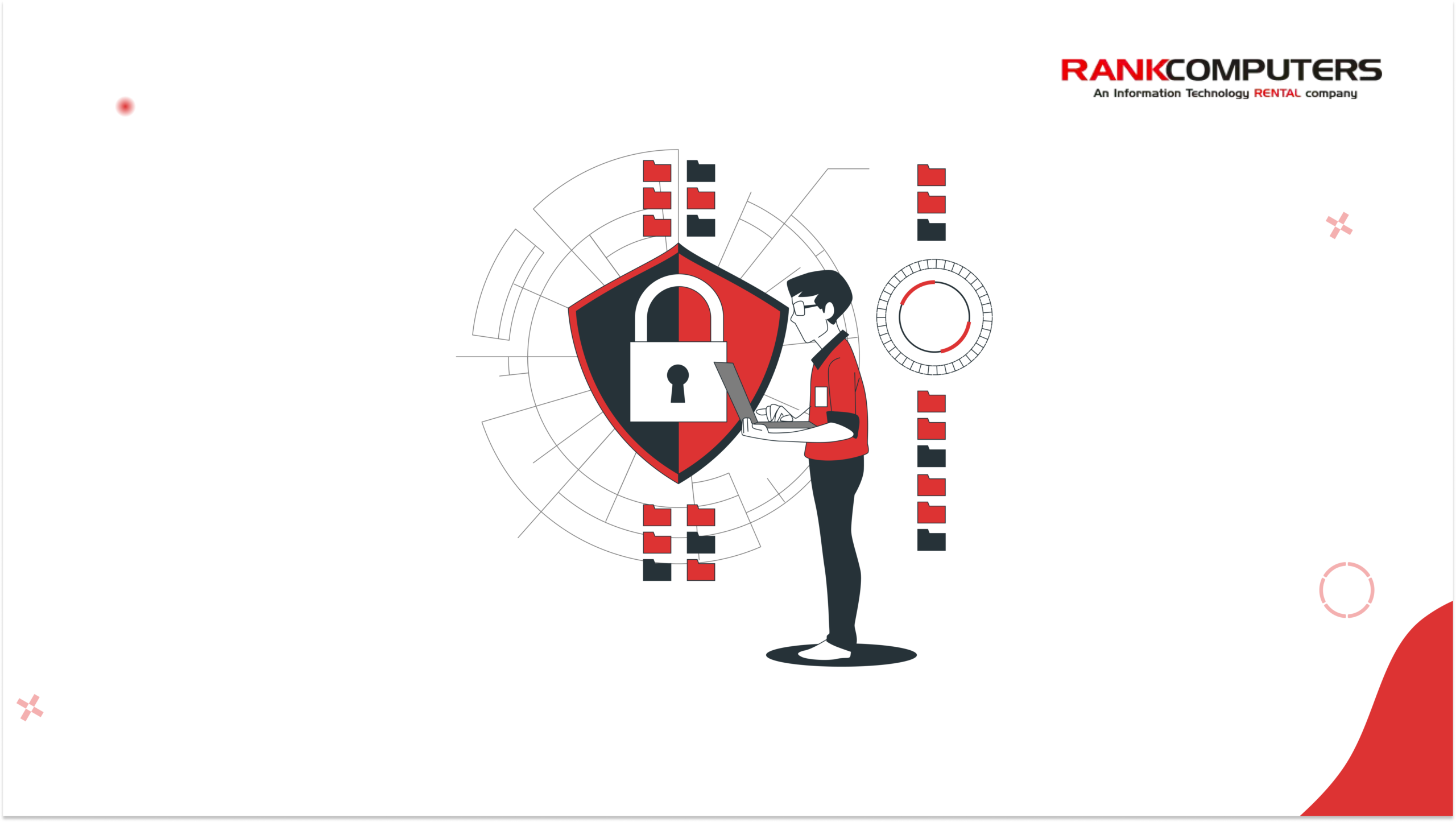Did you know that there is a very high possibility that your company’s network firewall security is compromised?
According to a study conducted by Neustar, 40% of security professionals believe that half of the cyberattacks bypass their Web Application Firewall (WAF).
With the way technology is advancing, malicious actors and cyber attackers are becoming more and more creative with their attacks. There are multiple ways in which your company’s network firewall security can be compromised, and threat actors seem to have found ways to do that. You would want to ensure that your firewall is strong, as they are often the first line of defense in your network security.
Before we delve into evaluating firewall security, let’s first explore the common security risks associated with firewalls.
Key Risks Affecting Firewall Security
Despite their crucial role, firewalls are not immune to security risks. Understanding these common vulnerabilities is essential for implementing effective security measures.
Configuration errors
- Misconfigurations are one of the leading causes of firewall vulnerabilities. This includes improper rule sets, overly permissive policies, and unused or obsolete rules.
- Errors in firewall configuration can expose critical assets or services to unauthorised access, leading to potential data breaches or network compromises.
Lack of regular updates
- Firewalls, like any software or hardware device, require regular updates to patch security vulnerabilities and address emerging threats.
- Failure to keep firewalls updated with the latest firmware, software patches, and signature updates can leave them susceptible to known exploits and attacks.
Insufficient rule management
- Managing firewall rules can be complex, particularly in large-scale networks with numerous policies and access controls.
- Over time, rule sets may become bloated or outdated, making it challenging to maintain an accurate and effective security posture.
- Inadequate rule management can result in rule conflicts, shadow rules, and inconsistencies that weaken firewall defenses.
Inadequate authentication and access controls
- Weak authentication mechanisms or lax access controls for managing firewall configurations can introduce security risks.
- Unauthorised access to firewall settings can enable attackers to modify rules, disable security features, or even bypass the firewall entirely.
Lack of monitoring and logging
- Effective firewall security requires continuous monitoring of network traffic, firewall logs, and security alerts.
- Insufficient monitoring and logging practices may result in undetected security incidents or breaches, allowing attackers to operate stealthily within the network perimeter.
External and internal threats
- Firewalls are designed to protect against external threats originating from the internet, but internal threats can also pose significant risks.
- Malicious insiders, compromised devices, or malware infections within the network can bypass perimeter defenses and exploit vulnerabilities in the firewall configuration.
By addressing these common firewall security risks through proactive measures, your company can strengthen its network defenses and mitigate the potential impact of security breaches.
Evaluating the Security of Your Firewall
The effectiveness of firewalls relies heavily on proper configuration and maintenance. Evaluating firewall security is essential to ensuring that it continues to effectively protect your company’s assets. Here are some key considerations for evaluating the security of your company’s firewalls:
Regular security assessments
Conducting periodic security assessments is crucial for identifying vulnerabilities and weaknesses in firewall configurations. These assessments may include penetration testing, vulnerability scanning, and security audits. By simulating real-world attack scenarios, you can uncover potential security gaps and take proactive measures to address them.
Configuration review
Reviewing firewall configurations is fundamental to ensuring that they align with security best practices and organisational policies. It involves examining firewall rule sets, access control lists (ACLs), and other settings to verify that they are appropriately configured to permit legitimate traffic while blocking unauthorised access. Any unnecessary or outdated rules should be removed to reduce the attack surface.
Rule set analysis
Analysing firewall rule sets is critical for identifying overly permissive rules, conflicting rules, and redundant rules that may compromise security. Rule set analysis helps organisations optimise firewall policies for improved security posture and performance. It also facilitates the detection of potential misconfigurations or rule conflicts that could inadvertently weaken firewall defenses.
Policy compliance
Ensuring compliance with regulatory requirements and industry standards is essential for maintaining firewall security. Organisations must regularly assess their firewall configurations against relevant compliance frameworks to identify and rectify any non-compliant settings or practices. Adhering to compliance standards not only helps mitigate legal and regulatory risks but also reinforces the overall security posture.
Incident response preparedness
Evaluating firewall security also involves assessing incident response preparedness to effectively mitigate security breaches or incidents. Establishing incident response procedures, conducting regular tabletop exercises, and ensuring collaboration between security teams are essential for minimising the impact of security incidents on business operations. Testing incident response plans against various scenarios helps identify areas for improvement and enhances overall security resilience.
Advanced Firewall Security Measures
As cyber threats continue to evolve, traditional firewalls may fall short in providing adequate protection. Advanced firewall security measures, such as Next-Generation Firewalls (NGFW), offer enhanced capabilities to combat sophisticated attacks and better safeguard network infrastructure.
- Next-generation firewalls (NGFW): NGFWs go beyond traditional firewall functionalities by incorporating additional security features such as intrusion prevention, application awareness, and advanced threat detection. They provide granular control over network traffic, allowing organisations to enforce security policies based on application, user identity, and content inspection.
- Application-aware firewalling: Traditional firewalls primarily focus on filtering traffic based on IP addresses and ports. However, modern threats often disguise themselves within legitimate applications. Application-aware firewalling inspects network packets at the application layer, enabling the firewall to identify and control specific applications or protocols traversing the network. This approach enhances security by allowing organisations to block or allow applications based on their risk profile.
- Utilising threat intelligence feeds: Threat intelligence feeds provide valuable information about known threats, including malicious IP addresses, domains, and signatures of malware. Integrating threat intelligence feeds with firewalls enables proactive defense against emerging threats. Firewalls can leverage threat intelligence to automatically block traffic from malicious sources, thereby reducing the risk of successful cyberattacks.
Conclusion
Network firewall security should be a prime consideration while setting up the IT infrastructure in your organisation. If you decide to implement multiple firewalls at different levels, it can become expensive for you. However, you always have the alternative of renting firewalls instead of purchasing them – which will be more convenient and budget-friendly for you.
With Rank Computers, you can rent high-end, up-to-date firewalls for your business. You can count on us for maintenance and support for your firewall rentals, at a justifiable rate. We’re India’s leading provider of IT rental equipment, with a presence in over 15 cities across India, including Mumbai, Pune, and Bangalore. When you rent firewalls from Rank Computers, you can rest assured that your network will be protected from cyber threats, without having to invest in expensive equipment.



